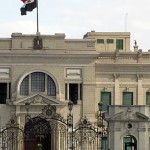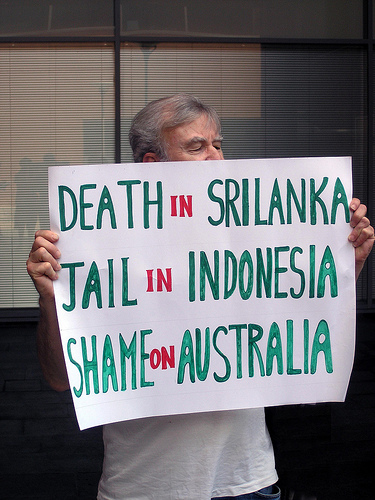
Egypt is at a crossroads. Over thirty years since its political system was last tested – when President Anwar Sadat was assassinated and the little known Hosni Mubarak was thrust into office – the country is facing what, from some angles, might resemble a contest.
There is ample reason to believe that the September 2011 Presidential election will be different to the 2005 vote – when the opposition failed to live up to pre-election hype and, almost without exception, failed to dent the regime’s grip on power. This time there is one crucial difference – the state of the incumbent.
The revelations in the US press in July that outline the Hosni Mubarak’s alleged failing health, along with the unofficial propaganda campaign launched in recent weeks on behalf of Gamal (the President’s oldest son) seem to imply that a transfer of power is planned for next year’s election. However, recent events have challenged western assumptions that a dynastic succession is inevitable.
Local and international media have understandably focused on the campaign of Dr Mohammed ElBaradei, the Nobel Laureate and former head of the UN’s nuclear watchdog, whose international profile has enabled him to harness public support and insulated him from the regime’s traditional means of oppression. Yet there is little evidence to suggest that ElBaradei will be able to translate the torrent of publicity into a movement capable of breaking through Egypt’s prohibitive election laws and competing for the presidency.
Alongside internal criticism of his own performance, ElBaradei has suffered from the perennial problem of uniting the opposition parties. This was brutally emphasized last week when the Muslim Brotherhood, Egypt’s only true political opposition, rejected his plan to make a public show of strength by calling for a boycott of November’s parliamentary elections. While the group has helped ElBaradei raise close to a million signatures for his appeal against the regime, there are few countries who have democratized by petition.
The inevitably undemocratic nature of the election process means that internal opposition is likely to pose the greatest threat to the Mubarak dynasty. For this reason, serious attention should be paid to the recent launch of an anonymous poster campaign backing Egyptian Intelligence Chief General Omar Suleiman for the presidency, which saw the regime respond aggressively by forcing newspapers to destroy 30,000 late editions running the story.
These events expose the very real tensions that exist within the ruling National Democratic Party between the military establishment and the wealthy business elite over the father-son succession. The old guard’s wariness is driven by a desire to maintain the status quo (and the foreign aid that comes with it.) They focus on Gamal’s lack of military ties (he would be the first president without military experience,) his support of economic liberalization, and the challenge to law and order from increasing public opposition to succession.
This is where the real struggle for power will lie if Mubarak senior does not pursue another term in office.




